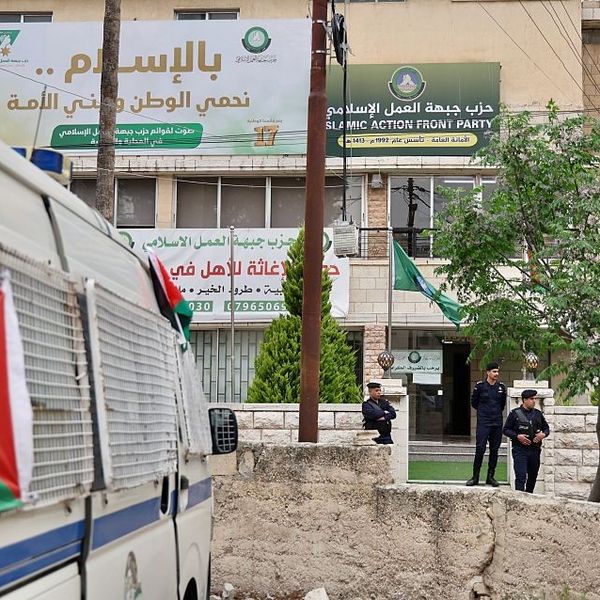Bottom Line Up Front
- In a region where popular democratic revolutions have repeatedly been marginalized or crushed through force, Sudan appears to be on the brink of achieving something remarkable.
- The new agreement still leaves the military with too much power but the deal sets into motion a move closer to civilian rule.
- Against all odds, the persistence of the protesters were successful in overcoming significant external assistance to Sudan’s military from Egypt, Saudi Arabia, and the United Arab Emirates.
- The new government is scheduled to assume its duties on September 1 and will immediately face a litany of serious challenges, including a devastated economy.
In a region where popular democratic revolutions have repeatedly been marginalized or crushed through force, Sudan appears to be on the brink of achieving something remarkable. The Sudanese people refused to be satisfied by symbolic achievements, such as the toppling of long-time dictator Omar Hassan al-Bashir, and remained focused on securing tangible gains. The primary objective of the brave women and men leading Sudan’s protest movement is to minimize the role of Sudan’s military in the country’s political and economic life. After months of protests, first against al-Bashir and then against the military that had propped up the dictator for nearly three decades, the Sudanese people have turned their protests into celebrations in anticipation of a deal.
The new agreement still leaves the military with too much power but the deal sets into motion a move closer to civilian rule. The main non-military political party, the Forces of Freedom and Change, has been meticulous in its attention to crucial details of the agreement that will arrange for a transitional government in which the military does not remain in a dominant position. The government will be divided into an administrative government led by civilian economist Abdalla Hamdok; an army general will head an 11-member supreme council. This interim government will govern Sudan for up to three years, at which time elections are scheduled to be held.
For several months, long after the fall of al-Bashir, protesters remained in the streets, even following a brutal crackdown in which the army and paramilitary groups raped, beat, and murdered civilians. The military hoped the removal of al-Bashir would assuage protesters, but toppling the dictator did not go far enough. Against all odds, the persistence of the protesters was successful in overcoming significant external assistance to Sudan’s military from Egypt, Saudi Arabia, and the United Arab Emirates. This trio has long been concerned about the cascading effects of pro-democracy movements sweeping the region.
The new government is scheduled to assume its duties on September 1 and will immediately face a litany of serious challenges. The military junta still retains influence over the economy and numerous security-related ministries. The Sudanese economy is abysmal; the near-tripling of food prices was the initial impetus for country-wide protests in December 2018. Looming over the backdrop of the political transition is the fate of al-Bashir, whose local corruption trial started on August 19. It was recently revealed that the Saudis sent approximately $90 million to al-Bashir to prop up his government throughout his rule. After he was toppled, Riyadh and Abu Dhabi offered a $3 billion aid package to the junta that replaced him. The military has repeatedly stressed that it will eschew sending al-Bashir to the International Criminal Court, where he faces war crime charges related to the atrocities his regime committed while in power.










